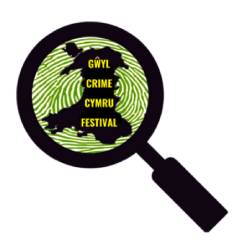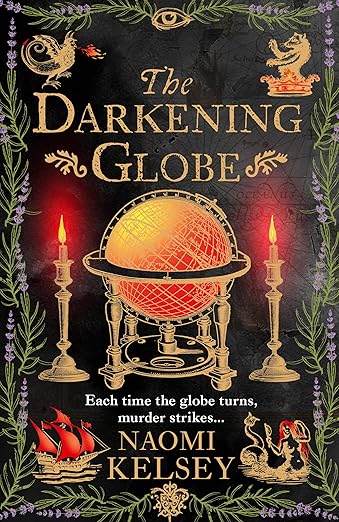Authors on location: Adrian Harvey is the Indiana Jones of the literary world
Adrian Harvey is the Indiana Jones of the literary world. He is a Literary Tour guide with a difference. Today he’s had an energy drink so is taking us from Mysore to London then up to the Scottish Hebrides. Hold on to to your hats! This is the tour that any aspiring Indiana Jones or Bear Grylls should take.Tips are also provided below so it’s more Bushtucker TRAIL than bushtucker trial.…..
Harvey goes global… On “Being Someone”
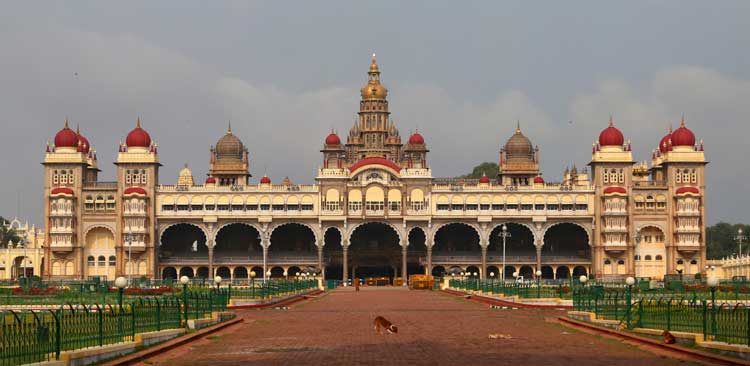
Mysore Palace (c) Wikipedia
Mysore and London
I adore London, warts and all. I think it’s the greatest city on the face of the planet and, even though I’m not from here originally, it is absolutely home to me, and I am very proud of it. But I didn’t set out to present an evocation of it in Being Someone, that just happened. All of the places in the book are known to me, part of my life (although I don’t write about my own much-loved neighbourhood) and the pubs are described in detail from memories that are regularly topped up. It would be impossible for me to have written Being Someone without giving the city a starring role.
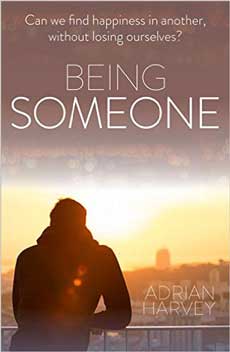 Mysore was a different proposition. I love India, because it assaults all of your senses all the time, good or bad – everything either looks, smells, sounds, tastes or feels amazing or hideous; there’s no vanilla (actually, there’s a lot of vanilla, but it smells vibrant and exciting). But it wasn’t that that led me to set the book there: in fact the book appeared from Mysore – the story of an elephant, very similar to that which opens the book, was told to me in exactly the same way. A young man started talking to me in a little park, across the road from the palace and opposite the spot where the elephant supposedly died, and he told me about the King of Mysore (which was the book’s title for a long time.) I checked when I got home but there was no King of Mysore – he’d stitched together snippets of stories of real elephants, and in chasing these down across the internet I started to do the same, until I’d created Iravatha and his mahout. Without Mysore, without that conversation, the book would not have come about.
Mysore was a different proposition. I love India, because it assaults all of your senses all the time, good or bad – everything either looks, smells, sounds, tastes or feels amazing or hideous; there’s no vanilla (actually, there’s a lot of vanilla, but it smells vibrant and exciting). But it wasn’t that that led me to set the book there: in fact the book appeared from Mysore – the story of an elephant, very similar to that which opens the book, was told to me in exactly the same way. A young man started talking to me in a little park, across the road from the palace and opposite the spot where the elephant supposedly died, and he told me about the King of Mysore (which was the book’s title for a long time.) I checked when I got home but there was no King of Mysore – he’d stitched together snippets of stories of real elephants, and in chasing these down across the internet I started to do the same, until I’d created Iravatha and his mahout. Without Mysore, without that conversation, the book would not have come about.
 Elephants…
Elephants…
I have a thing for elephants, I’ll admit it. I’ve dragged my wife through insect-ridden jungles in Cambodia to meet a working one; I’ve schlepped around wildlife reserves in Sri Lanka, India, anywhere to try to see wild ones. There is something utterly mesmerising about catching their eye. I’ve ridden a couple, bare-back (I’ve been in a howdah once, but would never do it again), and the sensation is absolutely amazing. I once had the privilege of helping to wash one in a stream, and they are more than sentient animals, they’ve got smarts, and they have a sense of fun. Clever, placid, but with the capacity for overwhelming brutality, I think they are beautiful.
But while I think their position within south Asian society is fascinating, their actual treatment – working or wild – is shocking. The relationship between an elephant and its mahout is obviously a central part of the book: the relationship is deep, often lifelong, but it is also complex and problematic. Mahouts are seldom kind to the animals they train and tend and, as we know, elephants have very long memories within which to hold their grudges. The contemporary narrative in Being Someone actually came as I started to play with the layers of truth that might be bound up with the elephant story and, for some reason, this ambiguity made me think about a marriage.
Author on location…
In 2007, before I even realised that I was writing a novel, I took a trip to Karnataka over Christmas and New Year. I spent the first week alone, mooching around temples, including the stunning cave temples of Badami – it’s where James ends up in the book and he basically does what I did. My now wife arrived for New Year, which we spent in a beautiful heritage hotel on the outskirts of Mysore, which is how I came to be in a park to meet the young man with his elephant story. When I travel, I always keep a journal, so when I came to start writing I had really rich source material, along with thousands of photos. It’s important to me to know a place, even a little, before I start to write about it. I want at least to have tasted the air, absorbed the light. Other trips to India flooded into the rest of the novel – there’s a scene in a courtyard filled with drying ginger, which is actually in Fort Cochin in Kerala (or at least it was 20 years ago).
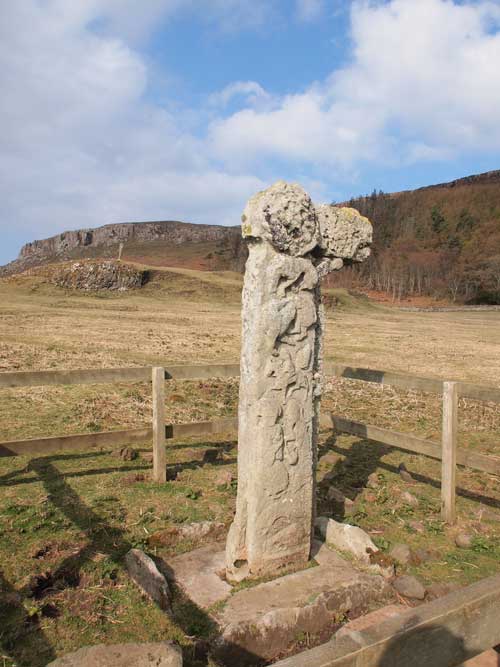
Canna (c) Adrian Harvey
The Cursing Stone
An mythical Scottish island……..(Canna)
The book starts on an imagined island off the west coast of Scotland: a tiny, sleepy, insular sort of island. It’s based on a real island, just beyond Rum in the Small Isles, blended with a mythic island from the time of St Columba called Hinba. In many ways, it’s more Hinba and hence that’s what it’s called in the book.
From there, the action sets off to the mainland, stopping in Glasgow, before reaching London – Mayfair, Elephant & Castle, Stepney and the Barbican feature heavily. I try to present the cities, real, crunchy cities, as a little bit magical and mysterious, so that by the time we get back to Hinba this mythical island is quite mundane in comparison.
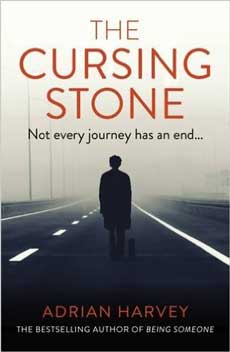
Magical places…
I actually wanted to write a book that would allow me to rediscover London as if for the first time. I think it’s a magical place, but I’ve been here for twenty odd years and you can sometimes overlook the sparkle after all that time. So I needed a character that came with an utterly untainted eye, no city experience. I didn’t want him to be ‘exotic’ particularly, so he had to come from a remote corner of the UK, and a Scottish island is about as remote as it gets. Once I’d settled on a blob of green on the map, I started reading about the place, and all these myths and stories came tumbling out. Canna is one of four possible places that could be the island of Hinba, where St Columba established one of his first monasteries, about the same time as Iona, and that was just perfect – here was a real place that blurred with a mythic place, somewhere that I could completely fabricate, but also weave in the established myths and some of the actual history of Canna, while making somewhere entirely new. There’s no pub on Canna, no school, and the post office is a garden shed; only a fraction of the people live there as live in my Hinba. I’ve overlaid a place that might have been onto a place that is: a parallel universe, an augmented reality. But believe me, when you wander across the moorland of the real island it feels pretty magical itself.
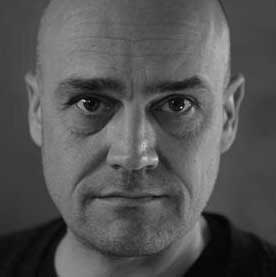
Canna (c) Adrian Harvey
Adrian Harvey is Bear Grylls…
I go walking quite a lot, and often to remote places, so my answer can only be practical: something to make fire and something to purify water. Oh, and a machete. Other than that, a notebook and lots of pens. Maybe a bottle of good Scotch.
This is like a quest – are you secretly Indiana Jones….?
If I wanted to bring someone with no interest in the city all that way, I needed to give him a reason and what better than a quest for a lost object? In fact, I’d go so far as to say that there’s something of the Indiana Jones and the Temple of Doom about it, at least there is in a tiny corner of my mind. But yes, it was conceived very much as a quest from the outset. I’d been reading the Sagas of the Icelanders at the time, and I liked the narrative simplicity, the themes of loyalty and betrayal, of family, of adventure. It all seemed to marry up with this notion I have about London being a magical place, even if there’s (arguably) nothing supernatural about the book. In fact, I used to describe it as a non-magical quest, until I noticed that I was getting some quizzical looks. But I very definitely wanted to use those conventions, just in a more mundane, contemporary setting. Above all, The Cursing Stone is a coming of age story, and for a boy like Fergus that could only come about in the course of a noble quest.
And with that he’s off! To another adventure.. book three no doubt!
Booktrail Boarding Pass Information: Being Someone The Cursing Stone
Author/Guide: Adrian Harvey Destination: Inner Hebrides, Glasgow, London, Mysore….

